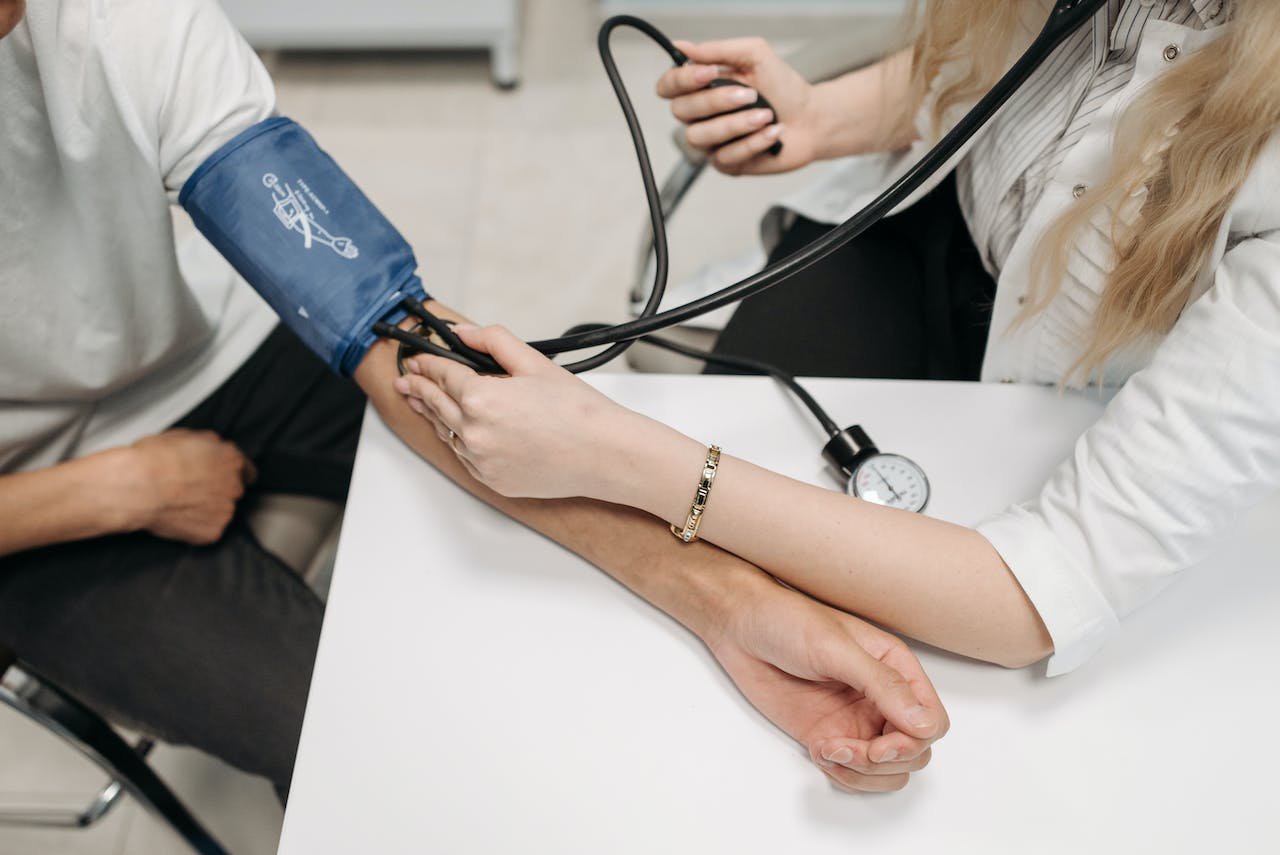

PETRA YVONNE ENGLISH
People & Nature
The environment refers to the surroundings in which people, animals, and plants develop and exist.
Modern life has many advantages, but at the same time, we produce a lot of waste. We pollute and damage the environment in which we live.
Current Environmental issues
The most serious environmental issues of today are:
1. The pollution of air, water, and soil/ land.
These forms of pollution are caused by smoke, harmful gases, heat, radiation, and poisonous chemicals. Basically, the outcome of human activities.
2. The greenhouse effect that causes global warming.
This is a situation when the heat from Earth cannot escape from the atmosphere, and the temperature on Earth goes up as a result. This causes weather changes, and even natural disasters, such as:
- floods – unpredictable and heavy rain in a short time,
- droughts – no rain for a long time,
- forest fires – an unplanned, unpredictable, and uncontrolled fire spreading along large areas of earth,
- the melting of ice and glaciers – as the ice and glaciers on the land and in the oceans melt, sea levels will continue to rise, and more and more countries will be flooded.
3. The destruction of wildlife and the disappearance of many species of
animals and plants. There is “The Red List of Threatened Species” – this is a list of rare plants and animals that are protected. Included here are some kinds of rhinos, elephants, and turtles, among others.
4. Deforestation – this is the cutting down of trees for firewood or building materials.
5. The destruction of tropical rain forests. The forests are “The lungs of the
Earth.”,
6. The breaking of the ozone layer.
Why is the ozone layer so important? It serves as a filter that protects the Earth from the sun’s harmful ultraviolet (UV) rays. Without the Ozone layer, life on Earth would not be possible. People, plants, and animals cannot live and grow in heavy ultraviolet radiation.
7. Consumer society, which produces too much waste.
QUESTION TIME
Part 1
- What are the major kinds of pollution we have to deal with?
- What are the consequences of global warming?
- Name some natural disasters and give their short characteristics.
- Can you explain the technical term “deforestation”?
- Why is the ozone layer so crucial for humankind?
- Explain in brief “The Red List of Endangered Species.”
Air pollution
Air pollution is the most severe problem in large cities and areas with large-scale industrial production.
1. FACTORIES produce much waste, such as:
- radioactive waste
- dangerous emissions
- carbon dioxide which combined with water makes, acid rain that harms trees and makes soil infertile.
2. Great amounts of pollution also come from HEAVY TRAFFIC and AIR TRAVEL
- There are too many cars on the road. These cars release exhaust fumes into the atmosphere.
- We should rather travel by public transport because more people fit into the bus or train, which means less harm to the atmosphere.
- There are also MILITARY ACTIVITIES that affect the atmosphere.
The ozone layer in the atmosphere serves as a filter for harmful light from the sun. With dangerous gases – CFCs, carbon dioxide from cars and power stations we damage this layer and it causes many diseases such as skin cancer, or allergies.
Water pollution
1.FACTORIES release poisonous materials, and life from the water disappears
2. We THROW PLASTIC WASTE into rivers and pollute them.
3. We use TOO MANY DETERGENTS (cleaning products) instead of natural cleaning products (e.g., vinegar).
4. OIL SLICKS from tankers destroy wildlife in the seas and rivers.
Soil pollution
1. FARMERS also pollute the soil when they use a lot of chemicals = pesticides, and fertilizers instead of natural ones. These kill birds, insects, and animals.
2. LITTER – the massive amount of rubbish from our households and take-away food is also a significant threat to the environment.
QUESTION TIME
Part 2
- What causes air pollution?
- What causes water pollution?
- What causes soil pollution?
How to protect the environment and become Eco-Friendly
We need air to breathe, water to drink, food to eat, and space to live and move, and that’s why we must protect the environment.
SOLUTIONS AND SUGGESTIONS
Save energy, water, and petrol
- Unplug Unused Electronics, switch off the lights, TV, PC, and radio if you don’t use them.
- Do the washing only if the washing machine is full or do hand washing.
- Run your dishwasher when it is full.
- Install a low-flow showerhead or take a shorter shower.
- Don’t have a bath because you use much more water.
- Turn off the water while brushing your teeth, shaving or washing the dishes.
- When possible, walk, take public transport, or use a bicycle instead of driving your car.
- Use alternative / renewable energy sources – solar, wind, hydropower. They have one thing in common: zero or minimal greenhouse gas emissions. Many run-of-river plants do not require the building of dams, providing inexpensive, clean energy to rural communities.
- Catch/ collect rainwater from the roofs to save water, and your plants will also thank you.
Support the so-called: „ Circular Economy. “
The Circular Economy focuses on products and materials that can be used repeatedly.
The keyword of this philosophy is „ re-use. “
Re-use
- Use items that can be recycled.
- Buy rechargeable batteries.
- Replace your old bulbs with LED bulbs because they use much less energy.
- Return plastic bottles to the shop.
- Use zero-waste shops. Bring your bags and containers to refill them with liquid soap, lotion, cleaning products, or basic foodstuffs.
QUESTION TIME
Part 3
- Suggest how to save energy, water, and petrol.
- Why do we need renewable sources of energy?
- Can you explain the term: “Circular Economy”?
- What does “re-use” mean to you? Explain it with some examples.
Recycle
Sort out domestic rubbish and take it to special containers:
- Glass into the green bin,
- plastic items into the yellow bin,
- paper into the blue bin,
- metal objects into the red bin,
- organic waste into the brown bin.
Do not drop litter in nature. Do not drop litter in the countryside. Recycle.
Protect plants and animals
- Plant flowers and trees.
- Protect animals.
- Make compost from food leftovers, make organic garden waste and use it in your garden.
- Don’t smoke. Not only do you pollute the air when you smoke, but at the same time, you support tobacco companies that destroy forests to produce soft cigarette paper and packs for them. One tree is cut to make 300 000 cigarettes.
- Sign up for E-billing – it saves a lot of trees.
Buy products wisely
- Use a cloth or reusable bag when doing your grocery shopping. Avoid using disposable plastic bags, plates, spoons, glasses, and cups because they are not biodegradable, meaning that nature cannot break them down.
- Don’t buy unnecessary electronic gadgets because they need an incredible quantity of energy to liquidate (for example, an electric toothbrush, new tablets, new-fashioned mobile phones).
- Buy fresh food more than tinned.
- Make a shopping list when you go shopping.
- Don’t go to the shop hungry. Otherwise, you buy much more useless food.
Support Environmental organizations
They conserve, protect and monitor the environment against the misuses or degradation from human forces . Included here are:
- Greenpeace
- Fauna and Flora International
- Friends of the Earth
- and others
QUESTION TIME
Part 4
- What does “Recycle” mean to you?
- What is wise buying?
- Do you know any Environmental organizations? What is their primary task?
Vocabulary
1. environment sk(životné) prostredie
2. refer to skznamenať
3. waste skodpad
4. current sksúčasný, aktuálny
5. issues skproblémy, veci, záležitosti
6. pollution skznečistenie
7. soil skpôda
8. cause skspôsobiť
9. harmful skškodlivý
10. poisonous skjedovaté, škodllivé
11. outcome skvýsledok, následok
12. basically skv podstate
13. greenhouse skskleník
14. effect skúčinok, efekt
15. heat skteplo, ohriať
16. temperature skteplota
17. disaster skkatastrofa
18. natural skprírodný, prirodzený
19. flood skzáplava
20. flooded skzaplavený
21. droughts sksuchá
22. forest fires sklesné požiare
23. unpredictable sknepredvídateľné
24. to spread skrozšírovať, rozprestierať
25. to melt skroztápať, rozpúšťať

26. glaciers skľadovce
27. to rise skstúpať, zvyšovať
28. disappearance skzmiznutie
29. species skdruhy (živočíchov)
30. threatened skohrozený
31. list skzoznam
32. protected skchránený
33. rhinos sknosorožce
34. deforestation skodlesňovanie,vyrubovanie stromov
35. firewood skpalivové drevo
36. lungs skpľúca
37. ozone layer skozónová vrstva
38. rays sklúče
39. ultraviolet skultrafialový
40. consumer society skkonzumná spoločnosť
41. to deal with skzaoberať sa, riešiť
42. crucial skzásadný, kľúčový
43. mankind / humankind skľudstvo
44. in brief skv stručnosti, v skratke
45. consequences skdôsledky, následky
46. severe skvážny, závažný
47. emissions skvypúšťané škodlivé plyny (z áut)
48. carbon dioxide skoxid uhličitý
49. acid rains skkyslé dažde
50. infertile skneúrodný, neplodný

51. exhaust fumes skvýfukové plyny
52. public transport skverejná doprava
53. military skvojenský
54. to affect skovplyvniť, pôsobiť
55. CFCs chlorofluorocarbons / freons skfreóny
56. power station skelektráreň
57. diseases skchoroby, ochorenia
58. skin cancer skrakovina kože
59. to release skvypúšťať, uvoľnovať
60. to disappear skzmiznúť
61. to throw skvyhadzovať
62. detergents skčistiace prostriedky
63. vinegar skocot
64. oil slicks skropné škvrny
65. pesticides skpesticídy na hubenie hmyzu
66. fertilizers skumelé hnojivá
67. insect skhmyz
68. litter skodpadky, smeti
69. massive skobrovské
70. amount skmnožstvo
71. threat skhrozba
72. solution skriešenie
73. suggestion sknávrh
74. to unplug skvytiahnúť zo zásuvky, vypnúť
75. renewable skobnoviteľné

76. run-of-river plant skmalá vodná elektráreň
77. rainwater skdažďová voda
78. circular economy skobehová ekonomika
79. repeatedly skopakovane
80. rechargeable batteries skdobíjateľné baterky
81. zero waste shop skbezobalový obchod
82. container sknádoba, obal
83. to refill skznovunaplniť, doliať
84. liquid soap sktekuté mydlo
85. basic foodstuffs skzákladné potraviny
86. to sort out sktriediť, vytriediť
87. bin sknádoba, kôš
88. organic waste skbio odpad
89. food leftovers skzvyšky potravín
90. to sign up skprihlásiť sa
91. e-billing skvyúčtovanie / fakturácia cez internet
92. disposable skjednorázový
93. biodegradable skrozložiteľné
94. to break down skrozložiť, rozpadnúť
95. unnecessary sknepotrebný, zbytočný
96. electronic gadget skelektronické zariadenie
97. to conserve skšetriť, zachovávať, chrániť
98. (to) misuse skzneužitie, zneužiť
99. wise buying skrozumné nakupovanie
100. primary task skprvoradá úloha

Share this with your friends👉
© 2026 Petra Yvonne English – English online







